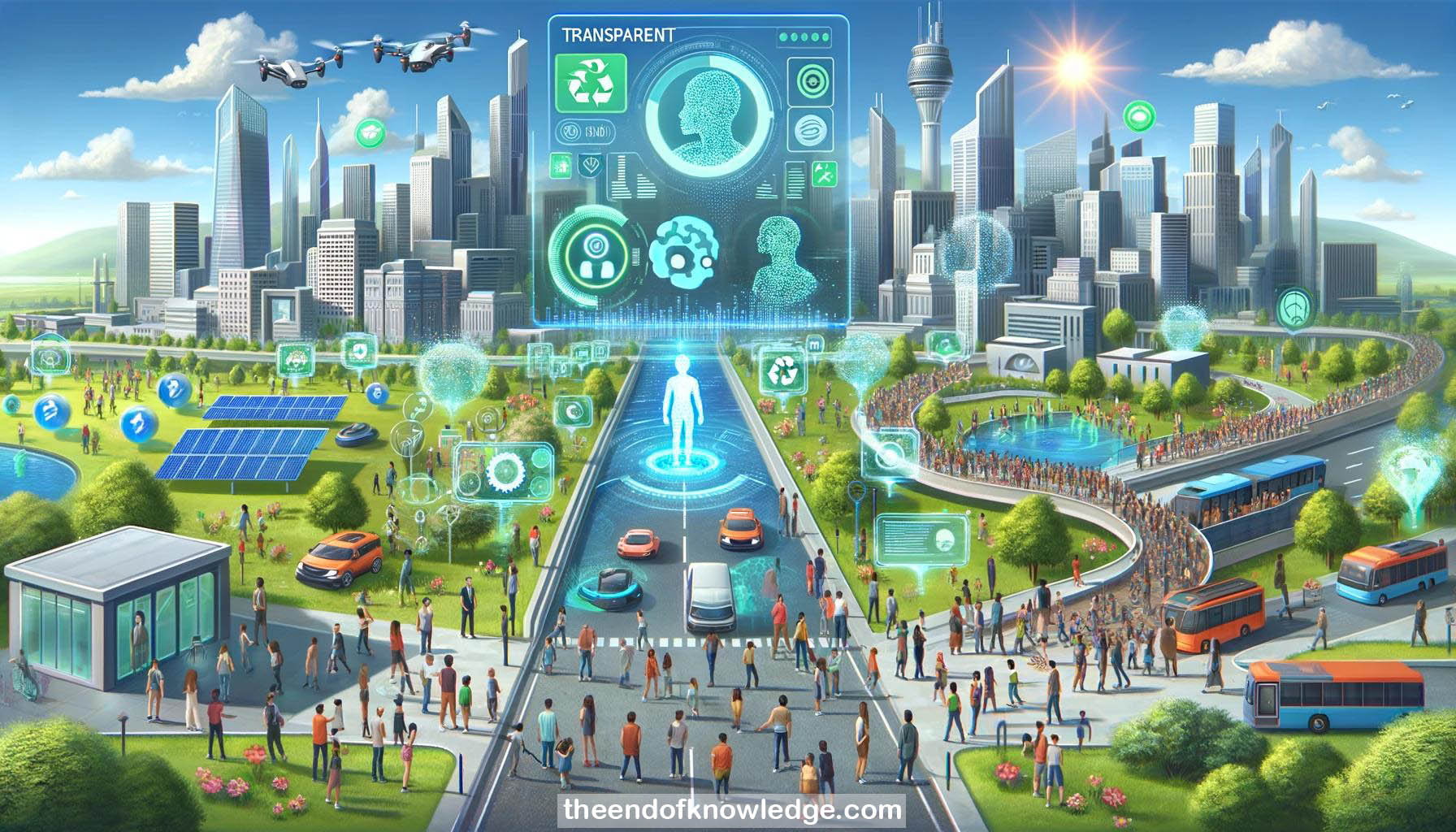 >
>
Concept Graph & Resume using Claude 3 Opus | Chat GPT4o | Llama 3:
Resume:
1.- Juan from ITU hosts AI for Good Let's Talk series discussing AI, the human experience, and building a better world.
2.- Today's guest is Jerome Duberry from the Albert Hirschmann Center on Democracy discussing AI's promise for civil society participation.
3.- Jerome researched how digital technology fosters civil society participation in global environmental governance and biodiversity conservation.
4.- More recent work explores AI's promises for democracy, in addition to the well-researched challenges of AI for liberal democracy.
5.- MIT project inspired thinking about AI's future impact on democracy while there is still time to shape its development.
6.- Replacing human votes with AI digital twins seemed disruptive and impossible to colleagues at first.
7.- AI forces re-examining fundamental questions like what voting means and why it's important beyond just efficiency.
8.- Digital twin voting could enable everyone to participate, solving lack of representation for less wealthy and educated populations.
9.- People could unplug or correct their digital twin's vote, maintaining agency while letting AI vote on less critical decisions.
10.- AI is already used in politics and by governments. Ongoing research aims to raise awareness of this.
11.- Existential threat of technology to democracy debated. Implementing existing tech for voting questioned.
12.- Technology's role in safeguarding judicial process important. Ensuring data validity of digital twins a challenge.
13.- Vast data needed for everyone to have a digital twin. Privacy, ethics, consent issues remain.
14.- Wealth of data likely available from data brokers, platforms. Education needed so people understand data use implications.
15.- UNESCO report highlights AI discriminates, especially against women. Co-designing tech with citizens could help.
16.- Citizens harmed vs benefiting from tech often fall along same socioeconomic lines. Participatory action research could empower citizens.
17.- Lack of transparency linking citizen input to policy reports an issue. Co-designing AI with citizens could build trust.
18.- Blockchain and AI nudge citizens toward sustainable behaviors through incentives like cryptocurrency rewards for recycling.
19.- AI could help overcome cognitive biases by flagging additional information we may disregard due to confirmation bias.
20.- Brazil's congress successfully uses AI to verify politicians' reimbursement claims, changing behavior through consistent oversight.
21.- AI enables testing urban planning scenarios to optimize conditions. Analyzes public sentiment from civic tech platform comments.
22.- Future governments could rapidly test policy ideas with citizens' digital twins before implementing.
23.- Uncertainty remains on timeline for achieving ideal AI vision. Impact often overestimated short-term but underestimated long-term.
24.- Co-designing approach recommended given uncertainty. Progress being made step-by-step.
25.- AI for Good is a leading platform for exploring AI to achieve SDGs. Upcoming events announced.
Knowledge Vault built byDavid Vivancos 2024